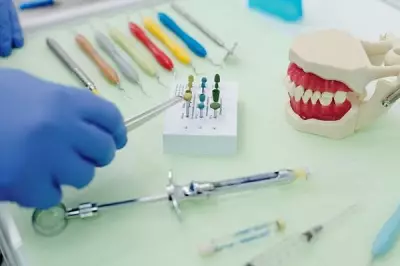
A 16-year-old student from Cebu has become the center of a medical enigma after sleeping continuously for more than four weeks, leaving healthcare professionals searching for answers and raising concerns about youth health in demanding academic environments.
The Unusual Case
The teenager, whose identity remains protected, began experiencing what medical experts describe as an extraordinary sleep episode that persisted for over 28 consecutive days. Family members reported the student showed no signs of waking during this extended period, creating both concern and confusion among loved ones and medical staff.
Medical Investigation Underway
Healthcare professionals at the attending medical facility have been conducting extensive tests to determine the underlying cause of this prolonged sleep state. Initial examinations have ruled out several common sleep disorders, pushing specialists to consider more complex neurological and physiological conditions.
Potential Contributing Factors
- Academic pressure and stress-related conditions
- Neurological disorders affecting sleep-wake cycles
- Metabolic or endocrine system imbalances
- Rare sleep disorders not commonly seen in the region
Broader Implications for Student Health
This case has sparked conversations within the medical community about the increasing pressure faced by Filipino students. The extraordinary nature of this situation highlights potential gaps in understanding how extreme stress manifests in young individuals, particularly in competitive academic environments.
Medical professionals emphasize that while this case represents an extreme scenario, it serves as an important reminder for parents and educators to monitor students' mental and physical wellbeing, especially during periods of heightened academic pressure.
As the investigation continues, the medical team remains hopeful that identifying the cause will not only help their patient but contribute valuable knowledge to the understanding of sleep disorders in adolescents.





